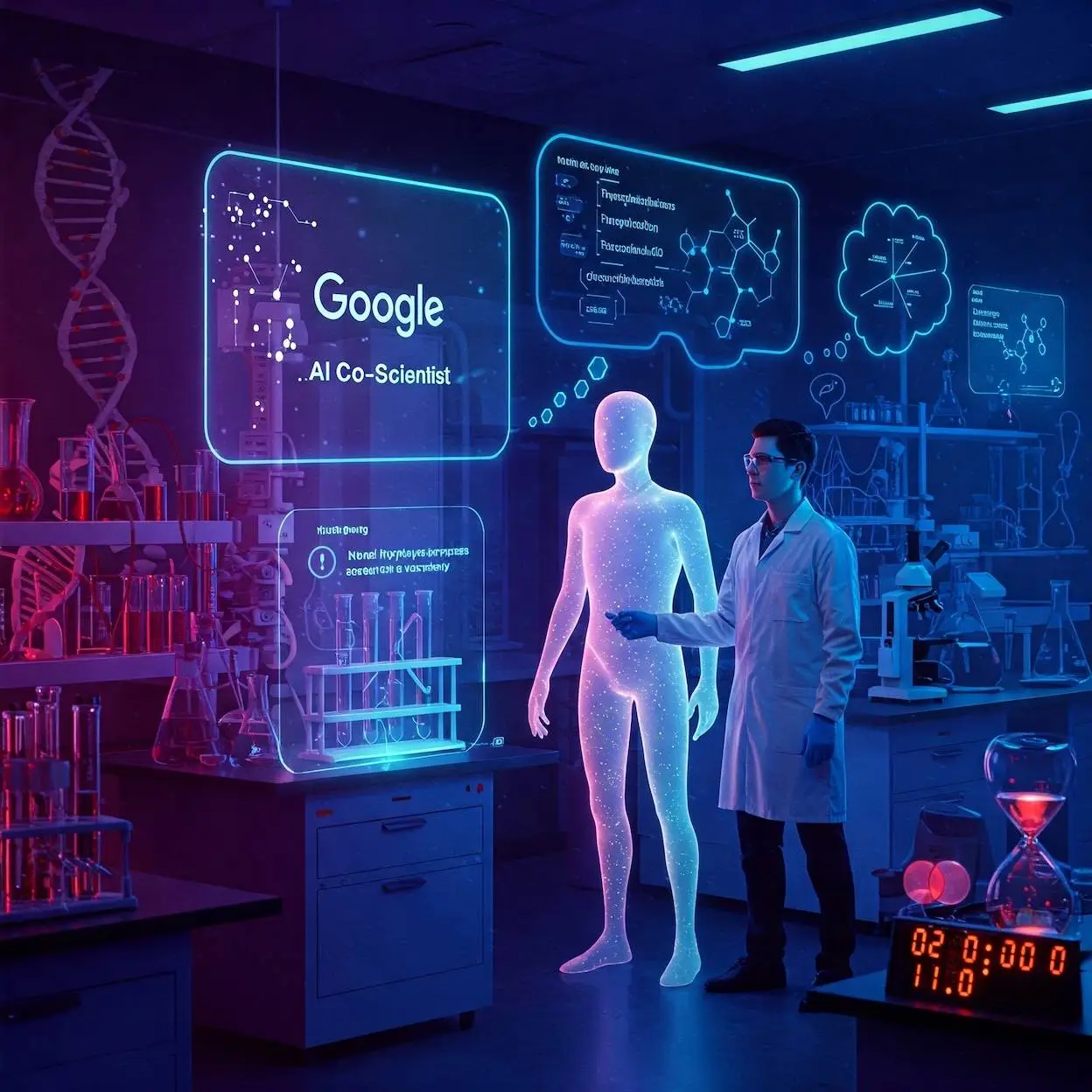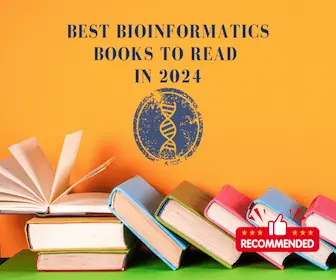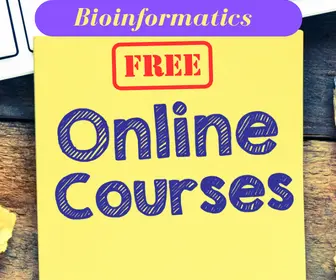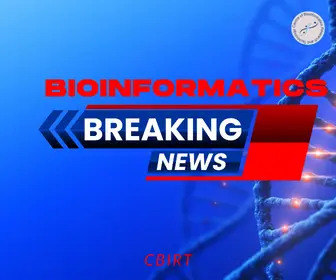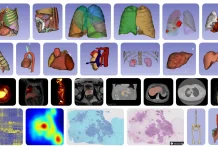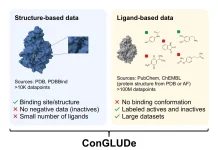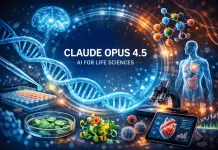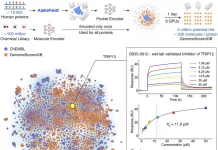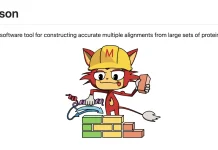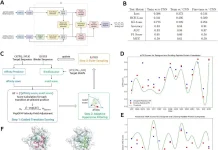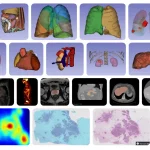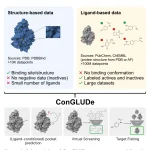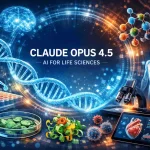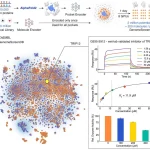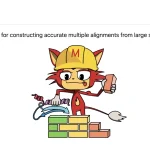Researchers from Google present AI Co-scientist, a multi-agent AI system developed with Gemini 2.0 as a virtual scientific collaborator to speed up scientific and biomedical discoveries and assist scientists in coming up with new ideas and research plans. A multi-agent artificial intelligence system designed to serve as a collaboration tool for scientists is known as the AI co-scientist. AI Co-scientist, which is based on Gemini 2.0, is intended to replicate the logic that is the basis of the scientific method. The AI co-scientist system is designed to unearth fresh, original knowledge and craft demonstrably novel research hypotheses and proposals built upon existing evidence and customized to specific research aims, going beyond a typical literature review, summarization, and “deep research” methods.
Introduction
The AI co-scientist is made to produce new research ideas, a thorough study overview, and experimental protocols based on a scientist’s natural language-specified research goal. It does this by utilizing a group of specialized agents that are modeled after the scientific method itself: Generation, Reflection, Ranking, Evolution, Proximity, and Meta-review. Through iterative generation, evaluation, and refinement of hypotheses using automated feedback, these agents produce a self-improving cycle of ever-higher-quality and innovative outputs. Scientists can engage with the system in various ways, including directly contributing their own initial concepts for investigation or offering natural language comments on produced results. The system is specifically designed to facilitate cooperation. Additionally, the AI co-scientist makes use of resources such as web search and specific AI models to improve the quality and foundation of the hypotheses that are created.
The designated goal is parsed by the AI co-scientist into a study plan configuration that is overseen by a Supervisor agent. The Supervisor agent allots resources and places the specialized agents in the worker queue. This design makes it possible for the system to iteratively enhance its scientific reasoning toward the designated research aim and to flexibly scale computation.
Discussion on Scaling Test-time Computation for Sophisticated Scientific Reasoning
The AI co-scientist uses test-time compute scaling to reason, adapt, and enhance results iteratively. An “evolution” process for quality improvement, ranking tournaments for comparing hypotheses, and self-play-based scientific debate for generating new hypotheses are important steps in the reasoning process. The agentic aspect of the system makes it easier to engage in recursive self-criticism, which includes using tools for feedback to improve ideas and propositions. The self-improvement of the system is dependent on the Elo auto-evaluation measure that is obtained from its competition. Researchers evaluated if there is a correlation between higher Elo ratings and higher output quality because of their fundamental role. The concordance between Elo auto-ratings and GPQA benchmark accuracy on its diamond set of difficult questions was examined, and scientists discovered that a higher likelihood of right responses is positively correlated with higher Elo ratings.
Fifteen open research goals and best-guess answers in their respective fields were selected by seven domain experts. Researchers found that the AI co-scientist fared better than other cutting-edge agentic and reasoning models for these demanding challenges using the automated Elo criteria. The advantages of scaling test-time computation with inductive biases from the scientific method were replicated in the analysis. The system outperforms models and unaided human experts in terms of self-rated quality of results as it continues to reason and improve.
Experts evaluated the impact and uniqueness of the AI co-scientist-generated outcomes in comparison to other pertinent baselines on a smaller sample of 11 research goals; they also expressed a general preference. Despite the tiny sample size, experts said the AI co-scientist had a greater chance of being new and impactful, and they liked its results better than those of other models. Additionally, it seemed that these human expert choices aligned with the previously introduced Elo auto-evaluation statistic.
Limitations, Possibilities, and Future
The system’s shortcomings and areas for improvement reported by the developers include improved literature reviews, factuality checking, cross-checking with outside tools, auto-evaluation methods, and a more extensive evaluation that involves more subject matter experts and a wider range of research objectives.
The AI co-scientist is a promising development in the field of AI-assisted technologies that scientists might use to speed up discoveries. It can speed up scientists’ efforts to tackle big problems in science and medicine because of its ability to produce new, testable hypotheses in various scientific and biomedical fields, some of which have already been experimentally validated. It can also improve itself recursively with more computing power. The ethical investigation of the AI co-scientist’s potential as a scientific assistant is something researchers eagerly await.
Conclusion
The AI co-scientist system, which is based on Gemini 2.0, seeks to discover new information and develop original research ideas and proposals that are based on existing data and customized to meet certain study goals. The process of scientific discovery has advanced significantly with the creation of this AI system. The early promise of the AI co-scientist system excites researchers, and they think it’s critical to assess its advantages and disadvantages in the broader fields of research and medicine. Researchers will be granting research organizations access to the system through a Trusted Tester Program to appropriately facilitate this. This study exemplifies how collaborative and human-centered AI systems could enhance human creativity and hasten scientific advancement.
Article Source: Reference Paper | Reference Article.
Disclaimer:
The research discussed in this article was conducted and published by the authors of the referenced paper. CBIRT has no involvement in the research itself. This article is intended solely to raise awareness about recent developments and does not claim authorship or endorsement of the research.
Follow Us!
Learn More:
Deotima is a consulting scientific content writing intern at CBIRT. Currently she's pursuing Master's in Bioinformatics at Maulana Abul Kalam Azad University of Technology. As an emerging scientific writer, she is eager to apply her expertise in making intricate scientific concepts comprehensible to individuals from diverse backgrounds. Deotima harbors a particular passion for Structural Bioinformatics and Molecular Dynamics.

